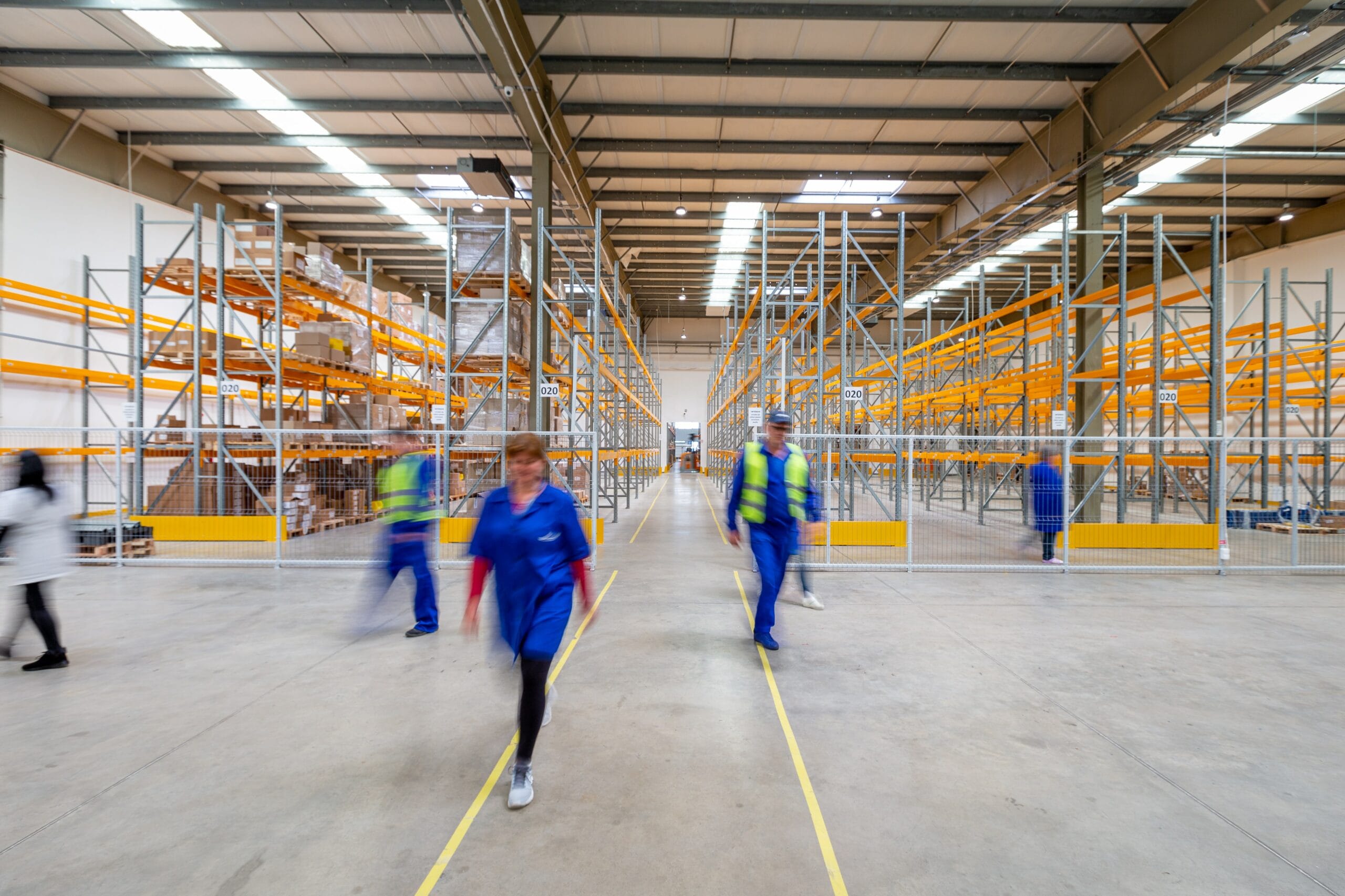- Investing in the industrial real estate market has been very profitable for the past few years.
- Amazon has been a big driver of that, as it has taken a lot of available space.
- With Amazon pulling back, we could see a short term slowdown in the industrial market.
So those of you who know me personally probably think of me as just a cutting edge, smart as a whip real estate attorney. Or maybe the stunningly handsome host of the Greater Texas podcast. While those things are both true, I am also, along with some business partners, a commercial real estate investor.
As investors, we are always looking for the next opportunity. And while its been very difficult to find multifamily opportunities in a tight Texas market, many have been excelling in the industrial market. It has been the hot market in the last few years with lots of growth and some great investment opportunities.
But is that market starting to change a little? Is it cooling off? Is Amazon changing that? That’s what we talk about this week.
How does Amazon Affect the Industrial Market?
It is difficult to talk about the industrial real estate market in the United States without talking about Amazon. It is the 10,000 pound gorilla that eats up a ton of industrial capacity.
At the end of 2019 – before the pandemic – Amazon had approximately 160 million square feet of industrial space under its control. And, as we all probably know, the pandemic was very good (from a business standpoint) for Amazon. Because people were at home, online shopping soared. And with it, Amazon’s profits soared.
To meet that growing demand, Amazon had to acquire more industrial space for warehouses and distribution centers. As a result, by the end of 2021, it had approximately 385 million square feet of industrial space under its control. That’s a massive increase in a short period of time. And they did it (according to some) by sometimes paying 50% over market rates to acquire the space.
Obviously Amazon was not the only company acquiring industrial space. Lots of companies were also – for much of the same reason as Amazon. These rapid acquisitions helped drive the market and provide great returns to investors.
Dynamics are Changing for Amazon
But unfortunately, the good times do not continue forever. For multiple reasons, in the first quarter of this year, Amazon posted its first loss in a quarter since 2015. And that has caused it to rethink its growth models going forward.
As a result, Amazon is considering putting current projects on hold and dumping some of the square footage it has under its control. Inflation, supply chain issues, shopping changes have all lead to excess capacity in buildings throughout the country for Amazon. Indeed, here in Austin, Amazon put on hold a 193 acre distribution center in Robinson Ranch that was scheduled to be built.
What Does Amazon’s Change Mean for the Industrial Market?
This slowdown could potentially have a great effect on the industrial real estate market. In 2021, Amazon represented 15% of the new demand and absorption of new building in the industrial market. And now it says it is going to pull back on that and even get rid of some of its assets.
That cannot have anything but a chilling effect on the industrial market – at least in the short term. Again there are other factors that are still positive for the market. People still shop online. As we learn to live with COVID, international shipping will continue to pick up steam. As supply chain issues continue, people may need space to store goods. So in the long term, the industrial market will probably be just fine. Again, the demand is big enough without Amazon and the market is currently very tight.
But at least for the short term, it seems like it we could see a temporary slowdown. And that could hurt everyone who invests in industrial real estate – from A to Z.



